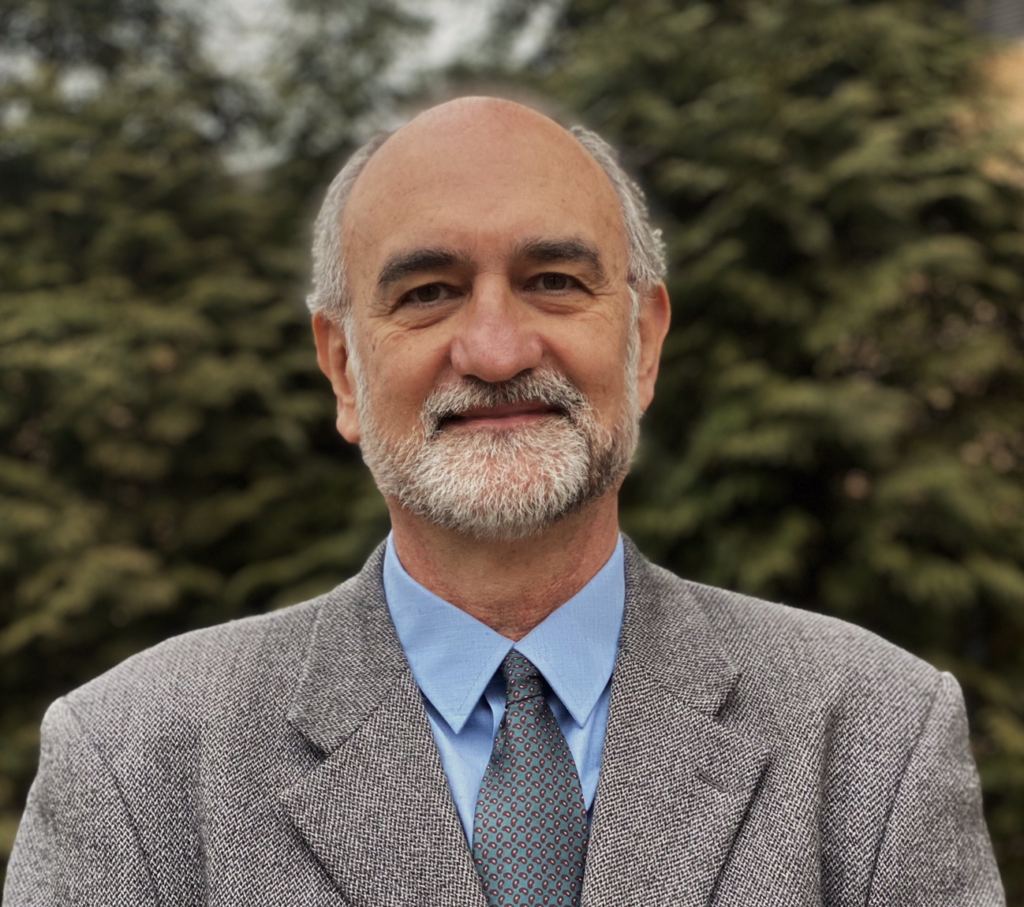
Neven Kresic
Dr. Neven Kresic is an independent groundwater consultant with more than 40 years of experience focused on groundwater and surface water consulting, research, and teaching. He specializes in characterizing and analyzing complex groundwater systems for water supply and groundwater remediation projects and is an expert in the application of numerical models for simulating groundwater flow, and contaminant fate and transport in groundwater. Over the course of his career, Dr. Kresic served in lead technical roles at major national and international engineering and environmental consulting companies based in the United States. He has worked on numerous projects for a variety of U.S. and international clients including federal, state, and local agencies; industries such as water, transportation, and power utilities; and oil, petrochemical, chemical, mining, and construction companies. Dr. Kresic taught academic courses and professional workshops in hydrogeology, groundwater modeling, and groundwater remediation at universities, government agencies, and conferences around the World. He authored and co-authored numerous papers and seven books on the topic of groundwater including in karst. Dr. Kresic is former Co-chair of the Karst Commission of the International Association of Hydrogeologists, and past Vice President for International Affairs of the American Institute of Hydrology.
He currently serves on the Board of Directors of Karst Waters Institute (KWI), the United States.
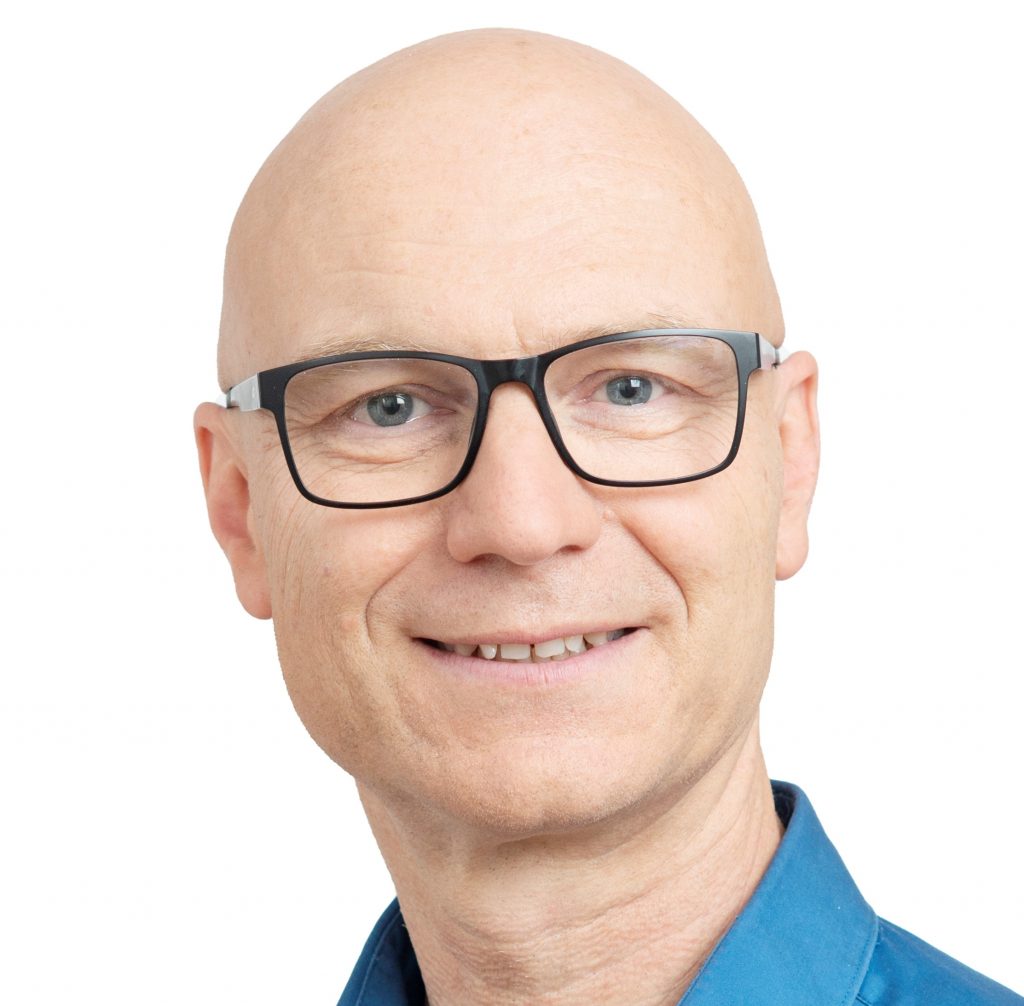
Pierre-Yves Jeannin
Pierre-Yves Jeannin (SISKA)*, Ph.D., is hydrogeologist, Director of the Swiss Institute for Speleology and Karst-Studies and external Professor at Centre d’hydrogéologie (Univ. Neuchâtel). He is a researcher on karst hydrogeology since 1988 and closely supervised several PhD-theses related to the understanding and modelling of flow and mass transport in karst systems. He also took part to the development of methods for the evaluation of the vulnerability of karst groundwater (EPIK and VULK). Pierre-Yves supervised several research projects on the infiltration of water in karst regions, showing the very important role of the soils and the epikarst (weathered zone at the top of limestone) for absorption, temporary storage and the self-purification of water. In 2009, he successfully submitted the Swisskarst project to the Swiss National Science Foundation on the sustainable management of water (PNR61). The KARSYS approach developed in this project induces a high degree of interest among the water community because it provides an explicit 3D conceptual model of karst hydrogeological systems. Besides many applied projects Pierre-Yves Jeannin is also conducting one research project on the effect of cave ventilation on heat transfer in karst massifs.
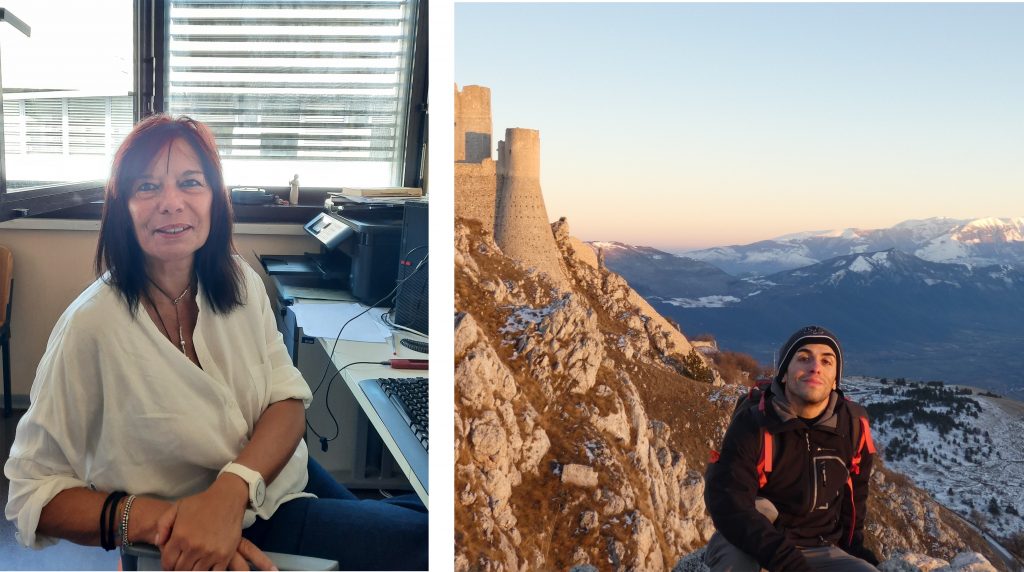
Diana M. P. Galassi and Francesco Cerasoli
Diana M. P. Galassi is full professor of Zoology and Environmental Biology at the University of L’Aquila (Italy) since 1997. She is the director of the Laboratory of Stygobiology where young researchers and PhD students are working in strict and friendly collaboration on the biodiversity of groundwater ecosystems of the world. Her research lines range from alpha taxonomy of the most represented invertebrate animal group, the Crustacea Copepoda, in the planet’s groundwater to ecological modeling applied to groundwater dependent ecosystems, including karst aquifers. She is interested in the effects of environmental pollutants and climate change on the subterranean aquatic biodiversity of caves, karst springs, hyporheic river environments. She is currently a partner of the DarCo project “The vertical dimension of conservation: A cost-effective plan to incorporate subterranean ecosystems in post-2020 biodiversity and climate change agendas” funded by the Biodiversa+ axis of the European Union and co-funded by the Italian MUR. She coordinated more than 30 national and international projects. She served as President of the WAC (World Association of Copepodologists) for 5 years. She currently holds the position of Vice-President of the WAC. Key aspects of her research pertain to the spatial analysis of subterranean aquatic invertebrates, the conservation of subterranean aquatic biodiversity, from the megascale, the biogeographic scale, to the microscale, the microhabitat scale, of groundwater bodies. She is member of the Editorial Board of 10 indexed journals and authored 114 indexed publications on SCOPUS, all related to subterranean aquatic biodiversity.
Francesco Cerasoli currently works as fixed-term Researcher (RTD-A) in Ecology at the University of L’Aquila (Italy), Department of Life, Health and Environmental Sciences. He is particularly interested in the ecological and evolutionary processes shaping the distribution of animal species and the structure of biotic communities. He got the Double Degree Master (University of L’Aquila – Universitè Claude Bernard Lyon 1) in “Environmental Biology” in 2015. During the Ph.D. program in “Health and Environmental Sciences” he attended at University of L’Aquila (UnivAQ), he focused on various methodological issues concerning the application of Species Distribution Models to conservation biology, biogeography, and animal ecology. After getting the Ph.D. in 2019, he worked as Research Fellow for three years within the Zoology research group at UnivAQ, coupling ecological modelling and field studies to investigate the effects of global change on various animal taxa (e.g., Chrysomelid beetles, European viperids and newts), spanning from the regional to the continental scale. In July 2022, he joined the Stygobiology research group at UnivAQ, working on community dynamics of groundwater crustaceans (with special focus on Copepoda) and related environmental drivers. He is currently a member of the UnivAQ research unit, led by Prof. Diana Maria Paola Galassi, within the European project “DarCo” (“The vertical dimension of conservation: A cost-effective plan to incorporate subterranean ecosystems in post-2020 biodiversity and climate change agendas”), funded in the context of the Biodiversa+ 2021–2022 joint call “Supporting the protection of biodiversity and ecosystems”. Up until June 2023, he authored 16 research papers in international peer review Journals indexed on Scopus and Web of Science. He has also served as Guest Associate Editor for the Journal Frontiers in Ecology and Evolution (Research Topic entitled “Spatial constraints on multiple dimensions of biodiversity”), and as Reviewer for 10 Journals (e.g., Aquatic Sciences, Ecology and Evolution, PLOS ONE Scientific Reports).
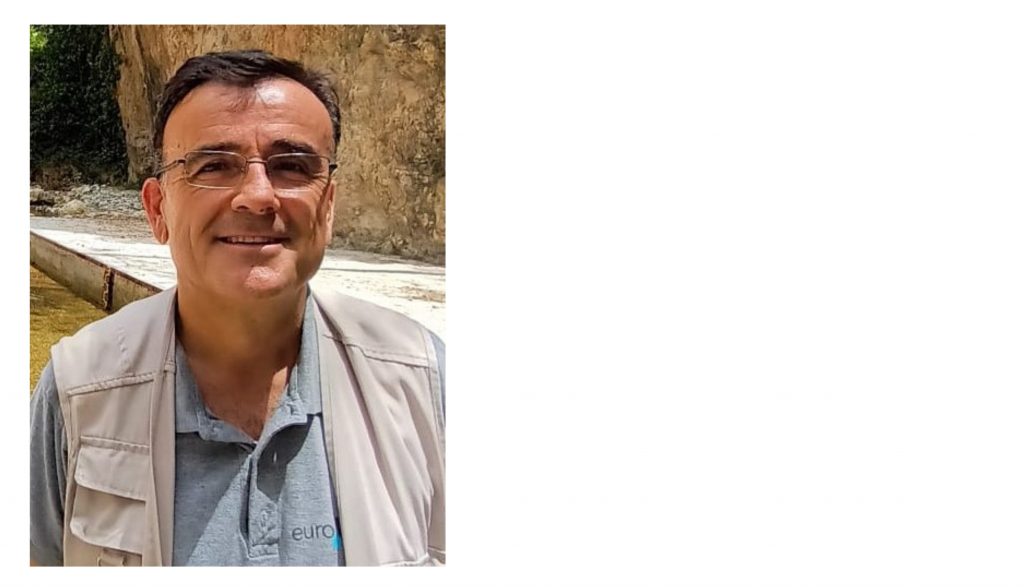
Bartolomé Andreo–Navarro (University of Malaga)
Full Professor of Hydrogeology and Director of the Centre of Hydrogeology at the University of Malaga (Spain). Experience of work on karst media in different countries from Europe, America, Africa and Asia in the frame projects supported by European Union, UNESCO, International Atomic Energy Agency, national research agencies and consultancy companies. Successful supervision of 15 past PhD students. Co-author of hundreds of scientific publications, 92 in peer review international journals. Member of IAH Karst Commission and Past-President of the IAH Spanish Chapter. Organizer of six International Symposium on Karst in Málaga (Spain), co-founder of Eurokarst, and President of the Organizing Committee of 46th IAH Congress. Coordinator of annual HYDROKARST international training course (11 editions), in cooperation with Spanish Geological Survey (IGME), UNESCO and IAH. Coordinator of Official Master Course Program on Water Resources and Environment at the University of Malaga for 15 years.
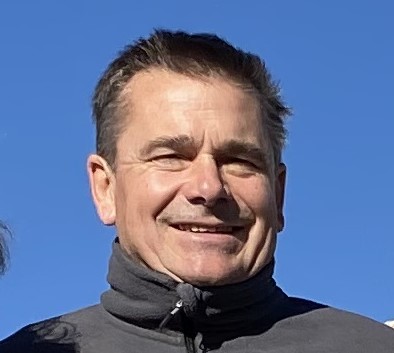
Hervé Jourde (University of Montpellier)
Prof. Dr. Hervé Jourde is is professor for hydrogeology at the University of
Montpellier where he joined the HydroSciences Montpellier (HSM)
laboratory in 2001, first as lecturer then as assistant professor.
Previously, he was a research associate (1999-2000) at Stanford
University, California, where he specialized in fluid flow modelling. In
2014 he was appointed full professor, then elected at the head of the
Teaching Department in Earth, Water and Environmental Sciences
(2015-2021). Since 2021, he is the director of the Master’s program in
Water Sciences at the University of Montpellier. His research activities
focus on characterizing and modelling underground transfers, with a
particular attention to groundwater/surface water interactions, as well
as to water resource evolution in response to climatic and anthropogenic
forcing. He also dedicates a singular interest to the assessment of the
permeability field of porous and fractured media, with a special
attention to karst aquifers. Since 2012, he coordinates the SNO KARST,
a network of observatories from INSU-CNRS for multidisciplinary study of
karst. He is a member of the International Association of
Hydrogeologists (IAH) Karst commission and Associate Editor of
Hydrogeology Journal. He has served as SC member of international
conferences on Karst Hydrology and occupied scientific positions in
review panels.
